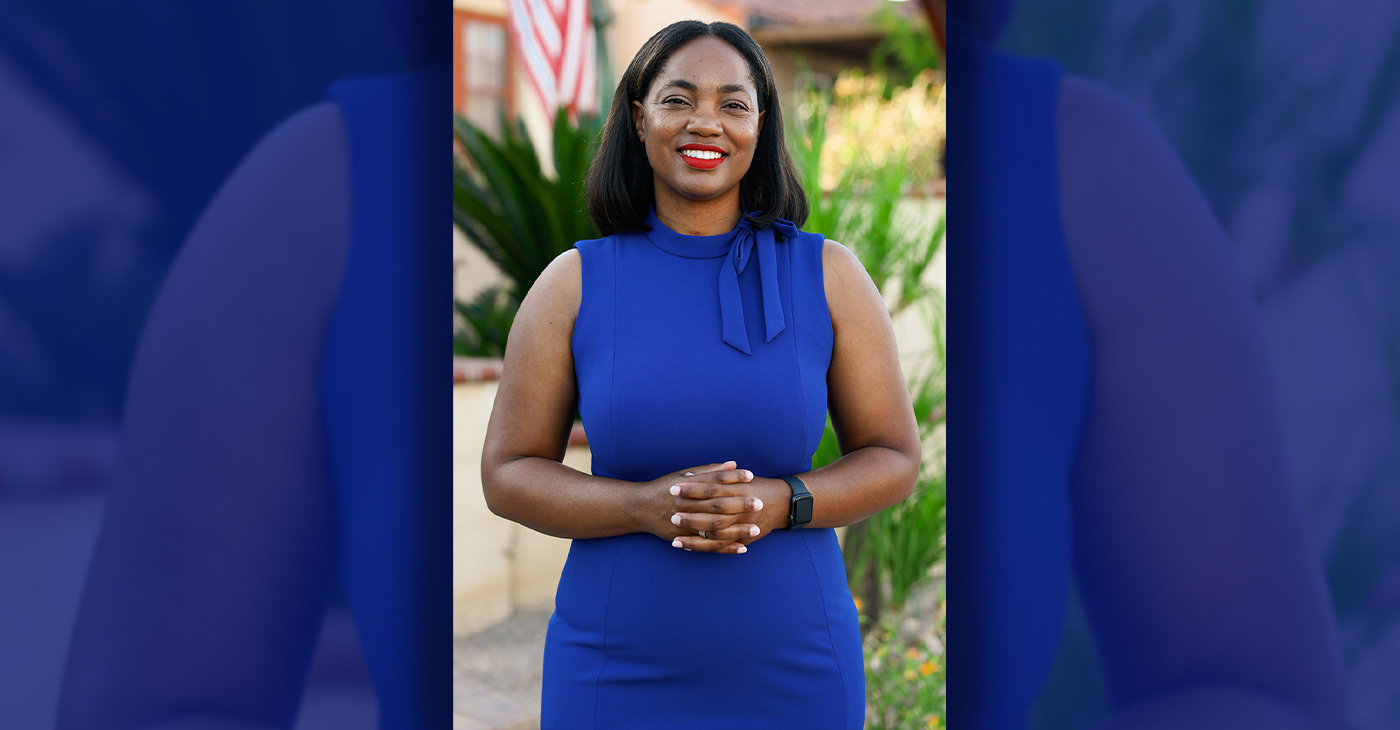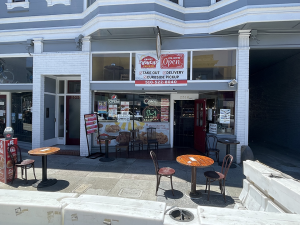Health
Foreign Adoptions by Americans Reach Lowest Mark Since 1982
Activism
COMMENTARY: The Biases We Don’t See — Preventing AI-Driven Inequality in Health Care
For decades, medicine promoted false assumptions about Black bodies. Black patients were told they had lower lung capacity, and medical devices adjusted their results accordingly. That practice was not broadly reversed until 2021. Up until 2022, a common medical formula used to measure how well a person’s kidneys were working automatically gave Black patients a higher score simply because they were Black. On paper, this made their kidneys appear healthier than they truly were. As a result, kidney disease was sometimes detected later in Black patients, delaying critical treatment and referrals.
Activism
As California Hits Aging Milestone, State Releases Its Fifth Master Plan for Aging
“California’s Master Plan for Aging started a powerful movement that is shaping the future of aging in our state for generations to come,” Gov. Gavin Newsom said in a statement, calling the initiative a “future-forward” model delivering real results for older adults, people with disabilities, and their families.
Community
Candidates Vying for Governor’s Seat Debate at Ruth Williams–Bayview Opera House in San Francisco
The gubernatorial debate participants included Antonio Villaraigosa, former Los Angeles mayor; Matt Mahan, San Jose mayor; Betty Yee, former California state controller; Xavier Becerra, former U.S. Secretary of Health and Human Services, and attorney general of California; Steve Hilton, political commentator and political adviser; Tom Steyer, entrepreneur, and Tony Thurmond, California’s superintendent of public instruction.

-

 Activism3 weeks ago
Activism3 weeks agoLife Expectancy in Marin City, a Black Community, Is 15-17 Years Less than the Rest of Marin County
-

 Activism3 weeks ago
Activism3 weeks agoOakland Post: Week of January 28, 2025 – February 3, 2026
-

 Activism4 weeks ago
Activism4 weeks agoOakland Post: Week of January 21 – 27, 2026
-

 Business2 weeks ago
Business2 weeks agoCalifornia Launches Study on Mileage Tax to Potentially Replace Gas Tax as Republicans Push Back
-

 Activism2 weeks ago
Activism2 weeks agoCommunity Celebrates Turner Group Construction Company as Collins Drive Becomes Turner Group Drive
-

 Activism2 weeks ago
Activism2 weeks agoAfter Don Lemon’s Arrest, Black Officials Raise Concerns About Independent Black Media
-

 Activism3 weeks ago
Activism3 weeks agoMedi-Cal Cares for You and Your Baby Every Step of the Way
-

 Activism2 weeks ago
Activism2 weeks agoCOMMENTARY: The Biases We Don’t See — Preventing AI-Driven Inequality in Health Care












































